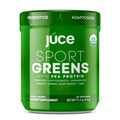Our Blog
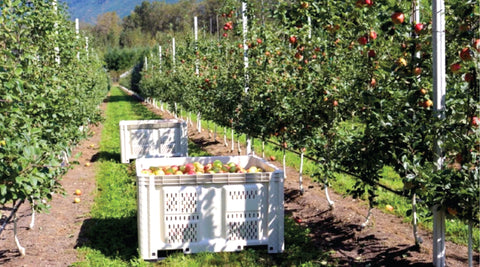
Healthy soils provide the essential nutrients necessary to produce healthy crops that nourish and heal. Organic farms sustain and maintain the quality of the ecosystem as compared to conventional farming that depletes the soil. From day one, we've dedicated ourselves to using only certified organic ingredients, harvested from organic farmlands across the country.

According to the Centers for Disease Control and Prevention, in 2015, an estimated 3 million U.S. adults reported being diagnosed with either Crohn’s disease or ulcerative colitis. This number was 2 million in 1999. As these types of statistics tend to be trending in the wrong direction, and gaining speed, it makes you wonder—where will we be in another decade.
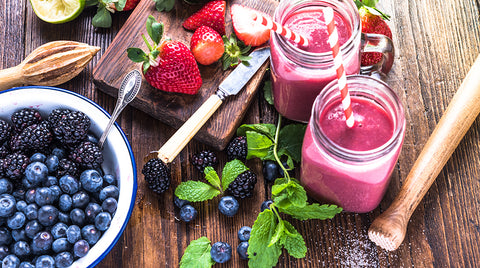
If you Google New Years resolutions, at or near the top of every list will be some variation of get healthier and lose weight. And this is completely justified after five weeks, and three holidays, of abundance and gluttony.
Let’s face it, we all need to reset and recharge this time of year, after all that fun, food, and family has taken a physical, and maybe even an emotional, toll.
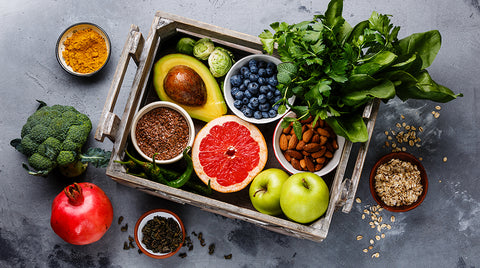
When it comes to women’s health and wellbeing nothing is better for us than the nutrients found in fruits and vegetables. But many of us are not getting enough. We already know the high-fat, empty calorie “Western” diet has filled our plates with little nutritional value, contributing to the growing obesity epidemic (along with a lack of sufficient water intake and exercise).

A “functional beverage” is defined as a non-alcoholic drink that contains non-traditional ingredients, including herbs, vitamins, minerals, amino acids, or added raw fruit or vegetable ingredients, which is claimed to provide specific health benefits beyond those of general nutrition—e.g., boosting or enhancing the immune system or heart, improving joint mobility, increasing sense of well being, increasing energy, and satiety.
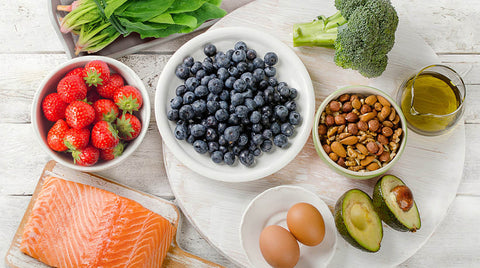
Cognitive decline is a normal part of aging. It happens to all of us in our “golden years” of adulthood. But according to a study published in the Journal of Neurobiology of Aging, the process may actually begin in our 20s and 30s. But that doesn’t mean that you have to sit back and just take it! New research is showing that the keys to supercharge your brain and slow cognitive aging just may lie in the foods you eat.

